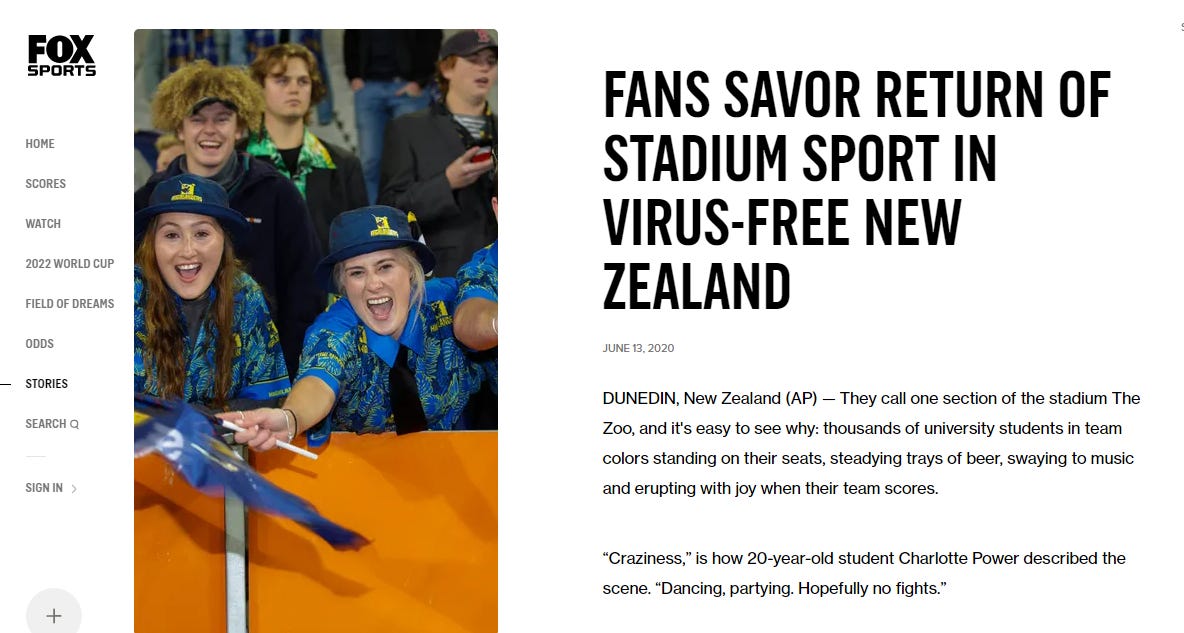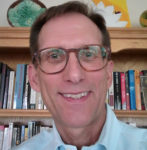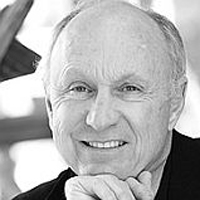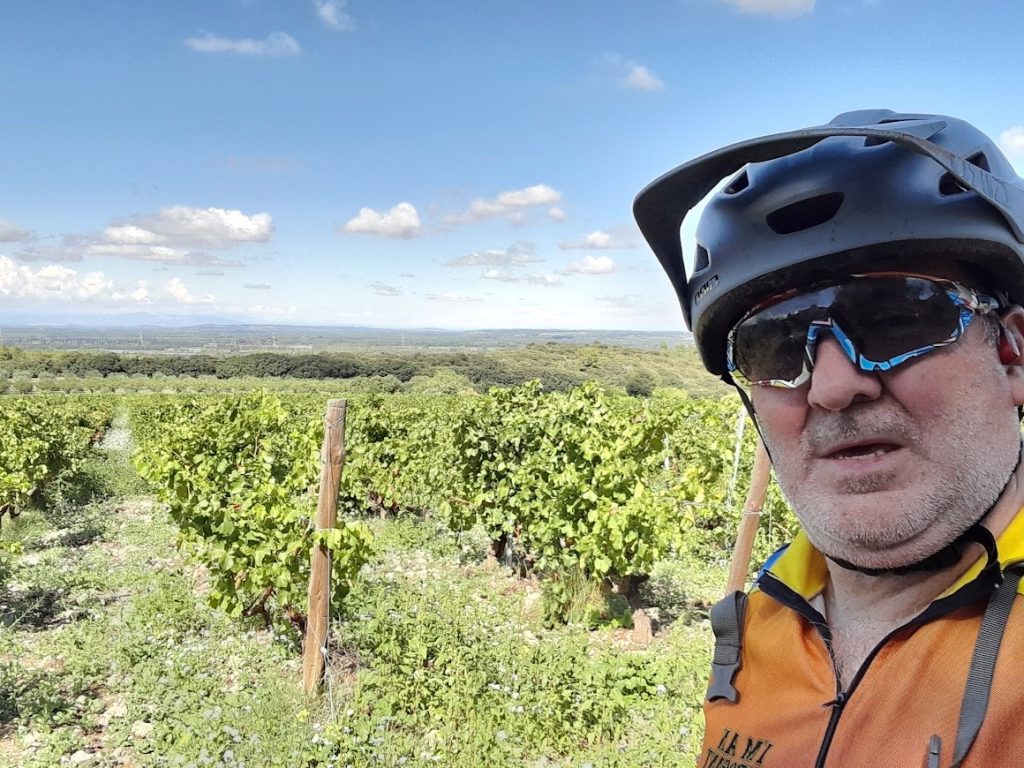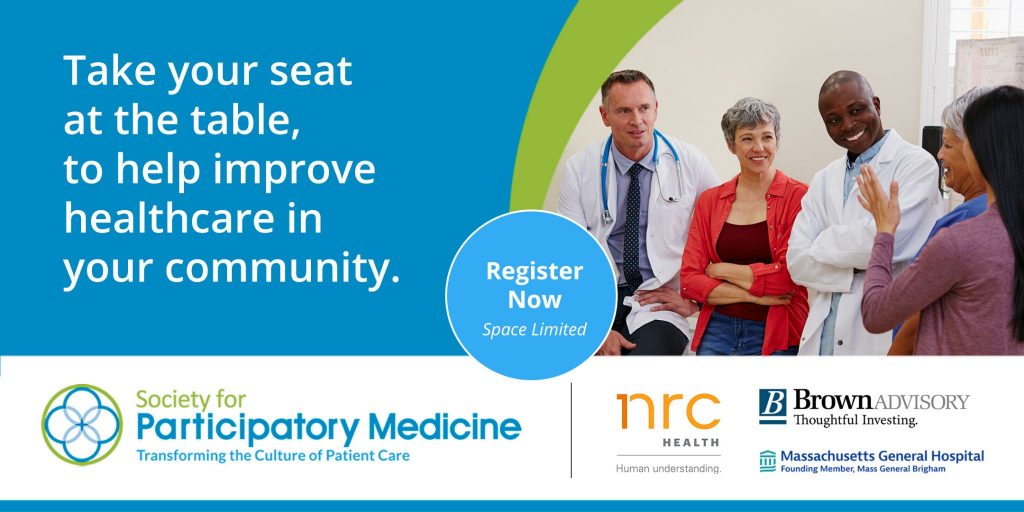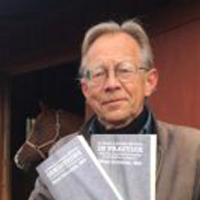
BY HANS DUVEFELT
This weekend I read a piece in The New York Times that put a slightly different slant on what burnout, in the case of physician burnout, is or is caused by. We have heard theories from being asked to do the wrong thing, like data entry, to “moral injury” to my favorite, “burnout skills“, when you keep trying to do the impossible because people praise you when you pull it off.
Tish Harrison Warren’s piece is a dialog between her and psychiatrist/author Curt Thompson. He focuses on isolation as a driver of burnout:
Assume that if you’re burned out, your brain needs the help of another brain. Your brain is not going to be OK until or unless you have the experience and opportunity of being in the presence of someone else who can begin to ask you the kind of questions that will allow you to name the things that you’re experiencing.
The moment that you start to tell your story vulnerably to someone else, and that person meets you with empathy — without trying to fix your loneliness, without trying to fix your shame — your entire body will begin to change. Not all at once. But you feel distinctly different.
Continue reading…I’m not as lonely in that moment because you are with me. And I sense you sensing me. That’s a neural reality.


